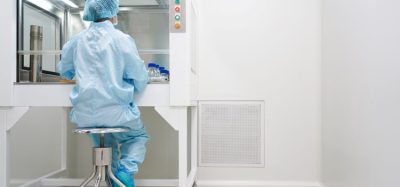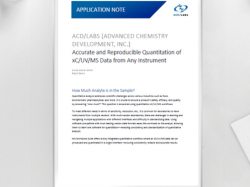Two novel biosimilars approved in EU and US
Posted: 29 May 2024 | Catherine Eckford (European Pharmaceutical Review) | No comments yet
The first omalizumab biosimilar in allergic diseases is approved by the European Commission and the US Food and Drug Administration (FDA) has authorised the fifty third biosimilar in the US.


The European Commission (EC) has granted the first approval for an omalizumab biosimilar in Europe. Omlyclo® (CT-P39) is authorised as a biosimilar referencing Xolair®.
CT-P39 is indicated for allergic asthma, chronic spontaneous urticaria (CSU), and chronic rhinosinusitis with nasal polyps (CRSwNP).
The authorisation is based on clinical data, including findings from a Phase III clinical trial comparing Omlyclo® to the reference product in patients with chronic spontaneous urticaria up to Week 40, according to Celltrion.
“For more than two decades, omalizumab, a blockbuster monoclonal antibody anti-IgE, has revolutionised the management of chronic immune-mediated inflammatory diseases,” commented Professor Marcus Maurer, Professor of Dermatology and Allergy, Co-Director for the Fraunhofer Site for Immunology and Allergology of the Fraunhofer Translational Medicine and Pharmacology ITMP and Executive Director for the Institute of Allergology, Charité – Universitätsmedizin Berlin, Germany.
The US biosimilar approval
the first interchangeable biosimilar to Alexion Pharmaceutical’s Soliris (eculizumab), indicated for certain rare diseases [is now approved in the US]”
Secondly, the US Food and Drug Administration (FDA) has authorised Amgen’s Bkemv (eculizumab-aeeb) as the first interchangeable biosimilar to Alexion Pharmaceutical’s Soliris (eculizumab), indicated for certain rare diseases.
As such, the FDA stated that the monoclonal antibody Bkemv has approval for use in the following conditions:
- Paroxysmal nocturnal haemoglobinuria (PNH) to reduce haemolysis
- Atypical haemolytic uremic syndrome (aHUS) to inhibit complement-mediated thrombotic microangiopathy.
The FDA stated that Bkemv works by binding “to the complement C5 protein and inhibits activation of the complement system, a part of the body’s immune system.” This stops intravascular haemolysis in patients with paroxysmal nocturnal haemoglobinuria and atypical haemolytic uremic syndrome, the agency explained.
Following its approval decision, the FDA is “committed to help facilitate the development of safe and effective interchangeable biosimilar treatments that can expand access for individuals with rare diseases whose current treatment options are limited”, shared Sarah Yim, Director of the Office of Therapeutic Biologics and Biosimilars in the FDA’s Center for Drug Evaluation and Research (CEDR).
Related topics
Big Pharma, Biologics, Biopharmaceuticals, Biosimilars, business news, Clinical Development, Clinical Trials, Data Analysis, Drug Markets, Drug Safety, Industry Insight, Regulation & Legislation, Research & Development (R&D), Therapeutics
Related organisations
Alexion Pharmaceuticals, Amgen, Celltrion, European Commission (EC), US Food and Drug Administration (FDA)
Related drugs
biologic, Biosimilars, Bkemv (eculizumab-aeeb), monoclonal antibodies (mAbs), Omlyclo (CT-P39), Soliris (eculizumab), Xolair









